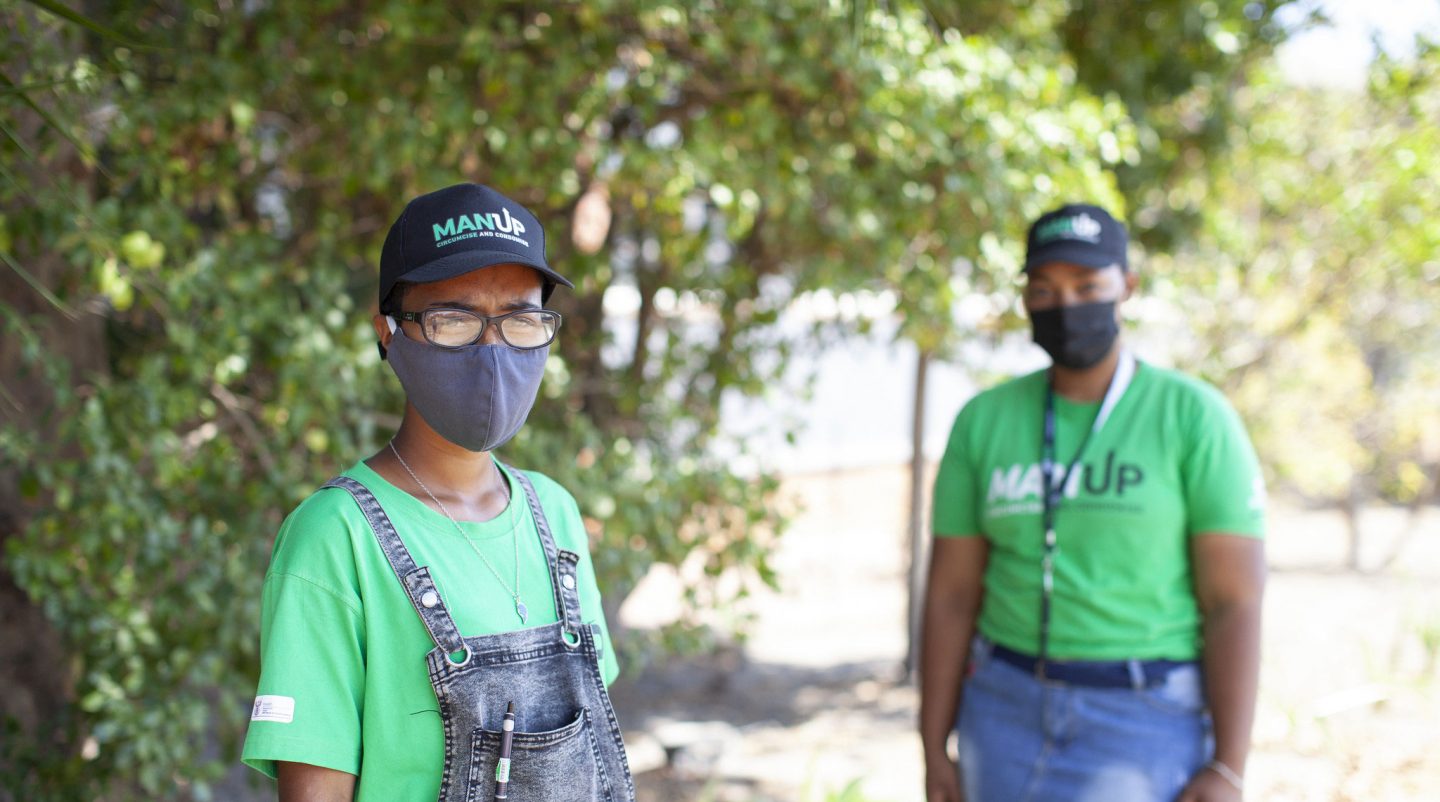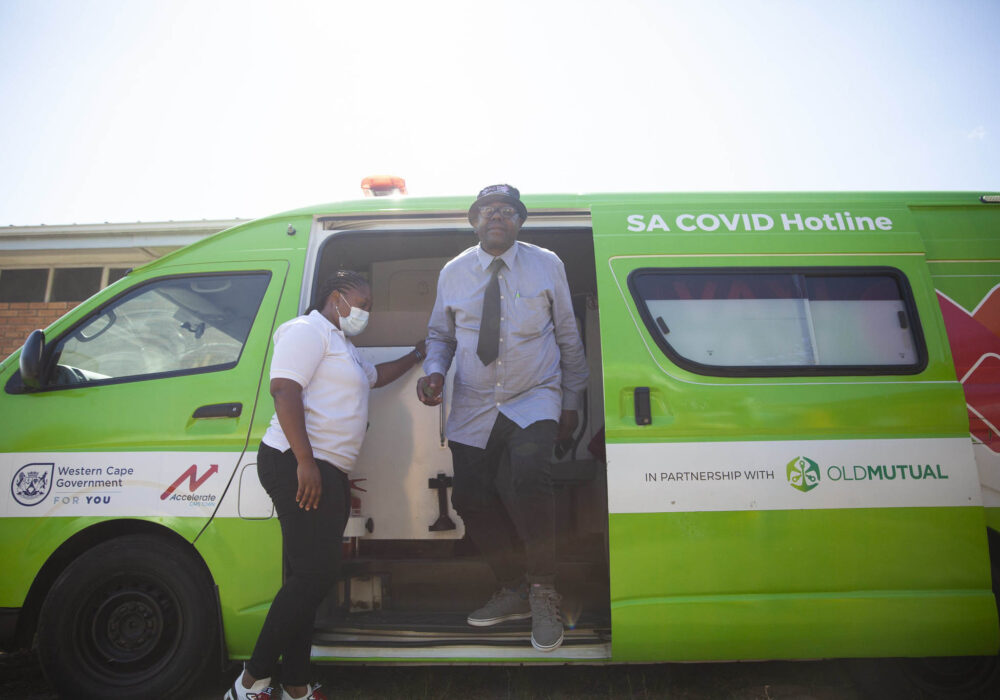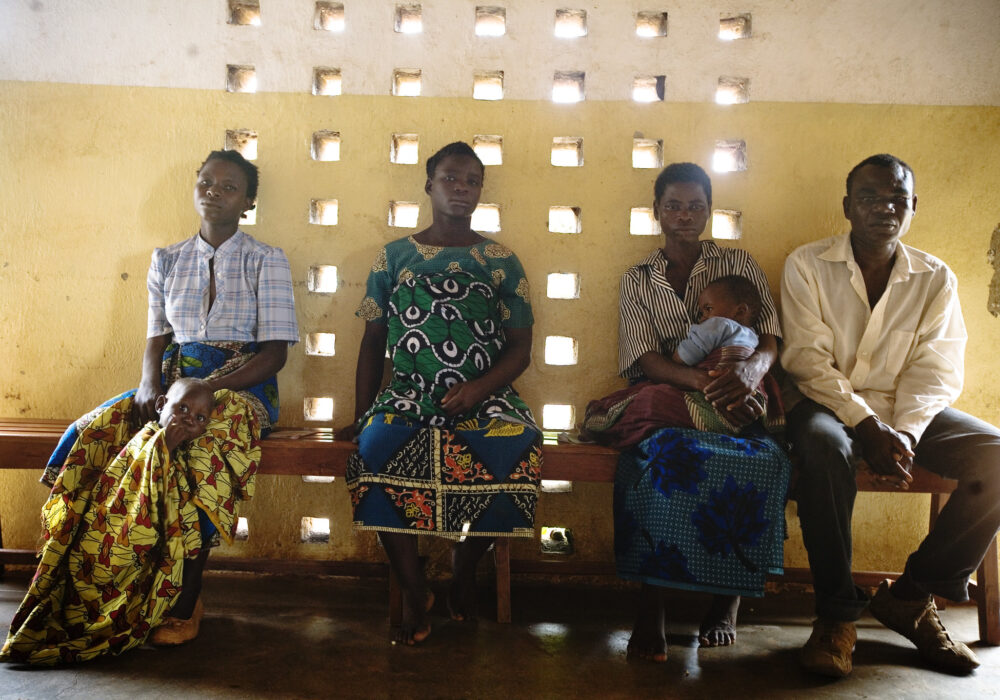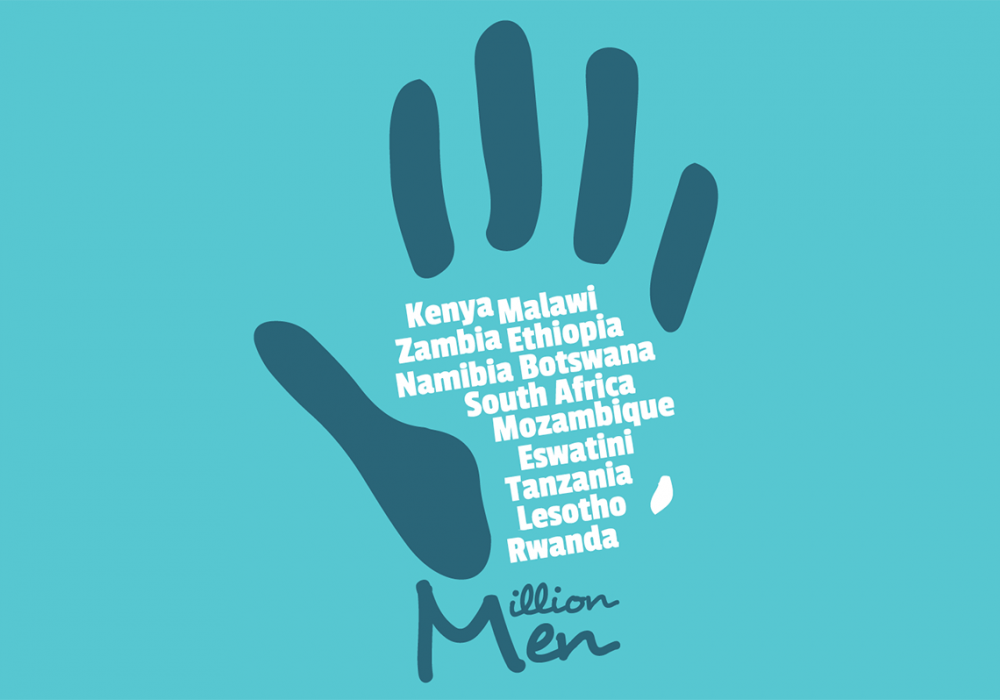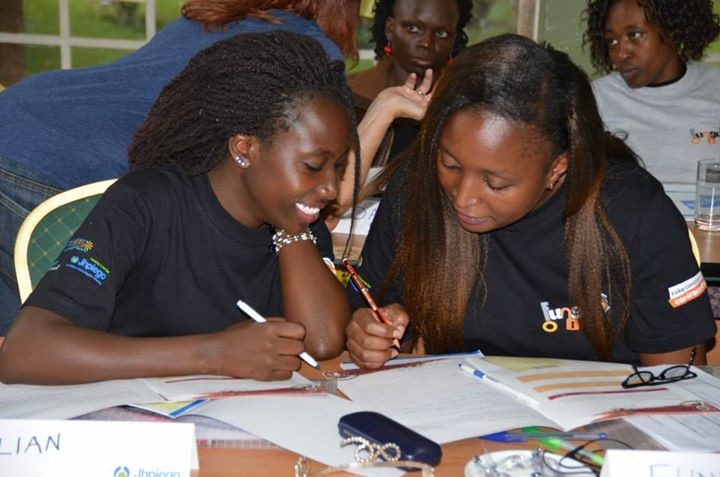South Africa
Since 1995, we’ve been increasing access to quality health services for families.
- More than 260,000 individuals have learned their HIV status through Jhpiego-supported HIV testing services.
- Jhpiego technical support helped build the capacity of master trainers and providers of voluntary medical male circumcision (VMMC) services in provincial health departments—resulting in more than 400,000 men and boys receiving VMMC services.
- Advocacy for nurse-led antiretroviral services contributed to the South African government’s approval for nurses and midwives to have authority to prescribe antiretroviral drugs for people living with HIV.
- Technical support to VMMC programs in two districts in KwaZulu resulted in identification of 712 (2%) index clients—individuals newly diagnosed as HIV-positive and/or an HIV-positive individual who is enrolled in HIV treatment services—out of 35,449 men tested for HIV. Of the 712 clients identified, 670 (94%) accepted assisted partner notification services, with 167 (25%) of partners newly diagnosed.
Our Work in South Africa
Provision of Voluntary Medical Male Circumcision for HIV Prevention in South Africa under the U.S. President’s Emergency Plan for AIDS Relief
With funding from the U.S. Centers for Disease Control and Prevention, Jhpiego is working with the Government of South Africa to provide voluntary medical male circumcision (VMMC) services in six districts in KwaZulu-Natal province as well as the City of Cape Town. The objectives of this project are to:
- Support the Government of South Africa in ensuring provision of high-quality, high-volume, cost-efficient VMMC services to males aged 15–34 through implementation of innovative demand creation strategies.
- Ensure that VMMC services are integrated and implemented as a package of comprehensive HIV prevention, care and treatment services.
- Coordinate forecasting, procurement, quality assurance, distribution and storage of VMMC surgical kits and commodities.
- Support transition of direct VMMC service delivery to the national Department of Health facilities.
Enhancing Global Health Security: Expanding Efforts and Strategies to Protect and Improve Public Health Globally
Funded by the U.S. Centers for Disease Control and Prevention (CDC), this five-year project builds upon activities funded by CDC to support Global Health Security through implementation of programs and activities that focus on protecting and improving health globally through partnerships with Ministries of Health and other institutions. With an initial emphasis on addressing the COVID-19 pandemic, the project is supporting countries—including South Africa—and carrying out regional work in West Africa and South America to improve prevention of avoidable epidemics, including naturally occurring outbreaks and intentional or accidental releases of dangerous pathogens, and to improve ability to detect threats early and respond rapidly and effectively to public health threats of international concern. The project is being implemented by a Jhpiego-led consortium that includes the Johns Hopkins Center for Health Security, the Johns Hopkins University Applied Physics Laboratory, Global Scientific Solutions for Health, and Johns Hopkins University Center for Global Health.
The people we serve
Country Contact
Mehebub Mohamed, Country Director
Tel. 27 31 563 0819
15 Ennisdale Drive
Durban North, South Africa 4051
Current and Recent Donors
CDC
National Department of Health
Solidarity Fund
USAID






